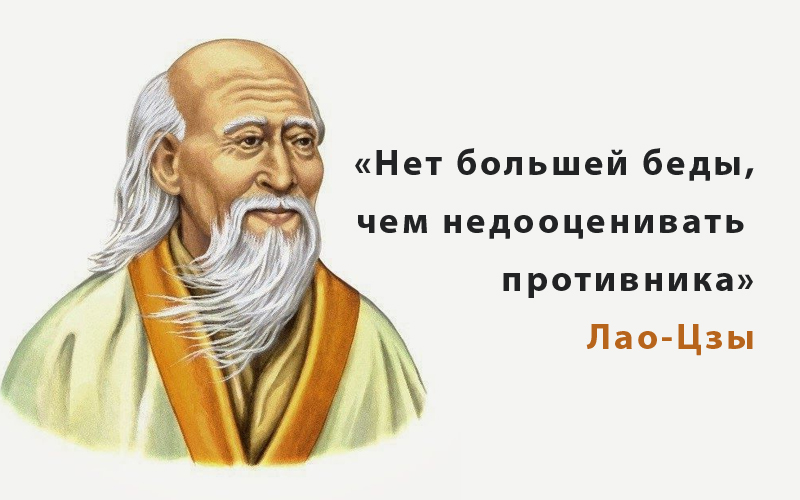"Only a fool wins in life, a clever man sees too many obstacles and loses confidence, not having time to start anything yet. In difficult times, naivety is the most precious treasure, it is a magic cloak that hides the dangers to which the clever guy rushes straight as if hypnotized."
Some people try to look smarter than they are.
And there are people who, on the contrary, prefer to seem simpler or even more stupid than they could.
In an attempt to compile a list of reasons why a person might behave in this way, I found that they are mainly, in one way or another, associated with the instinct of self-preservation.
Here's what I was able to output:
1. For a fool, less demand.
In the Russian language there is even such a stable expression "what to take with a fool?". It clearly demonstrates that in some situations a person who demonstrates an obvious weakness of the mind can count on leniency, in some situations it can be useful and even salutary.
2. Continuing the previous thought, remember the rule that the horse that is lucky is loaded. Some do not demonstrate their abilities in some things, so as not to be burdened with unnecessary duties and work.
3. In front of a person who is higher than you in position and on whom you depend, to present yourself as a "felt boot" is a manifestation of respect and a measure of safety, because by demonstrating all the power of your intellect, and even more so your intellectual superiority, you can inadvertently offend, offend an influential person, and this is already fraught with trouble.
4. The desire to lull the vigilance of a potential adversary.
Here the ancient Chinese philosopher Lao Tzu will come to my aid, who said: "There is no greater trouble than underestimating the enemy."
Accordingly, some people prefer to hide some of their abilities for the time being in order to give a false idea of themselves and later use an erroneous low assessment of their abilities as an advantage.
I would like to finish with one more quote. But there is a problem, I don’t remember exactly who I read it and how the author’s thought was formulated. Searched could not find.
It seems that I read it from the same Remarque or, perhaps, from John Le Carré. There was a thought about the type of person who plays in life. But he does this not for the sake of the public, which can watch him play, but on his own. If you know where it comes from, write)





